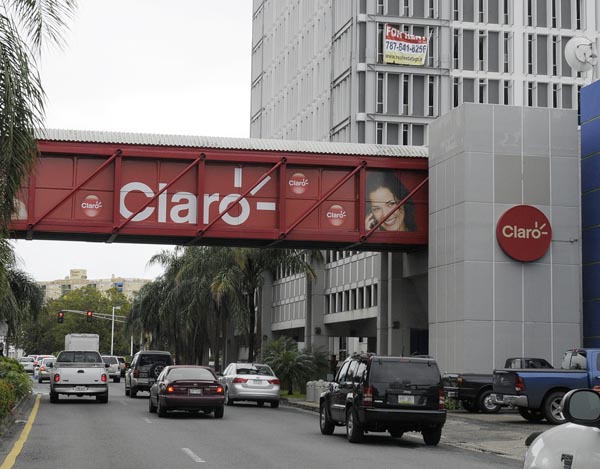
Puerto Rico Telephone Co., which does business as Claro Puerto Rico, has asked the Federal Communications Commission to create $200 million emergency Universal Service Fund to help eligible companies restore services in insular areas affected by Hurricanes Irma and María.

The Federal Communications Commission announced last week it has received requests from telecommunications providers in 44 states and Puerto Rico for more than $385 million in money from the Connect America Fund to benefit as many as 600,000 rural homes and small businesses that lack broadband.
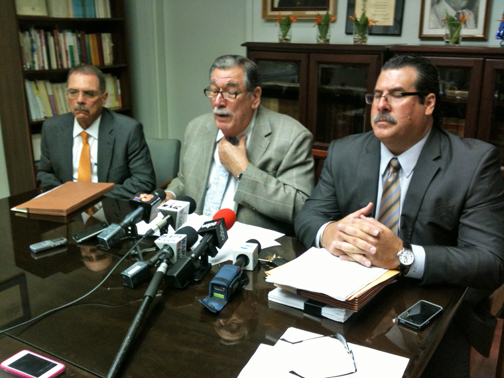
Former Supreme Court Judge José Andréu-García filed Monday separate complaints before the Puerto Rico Justice Department and the Government Ethics Office against Telecommunications Regulatory Board President Sandra Torres over her alleged participation in cases related to Puerto Rico Telephone, her former employer.
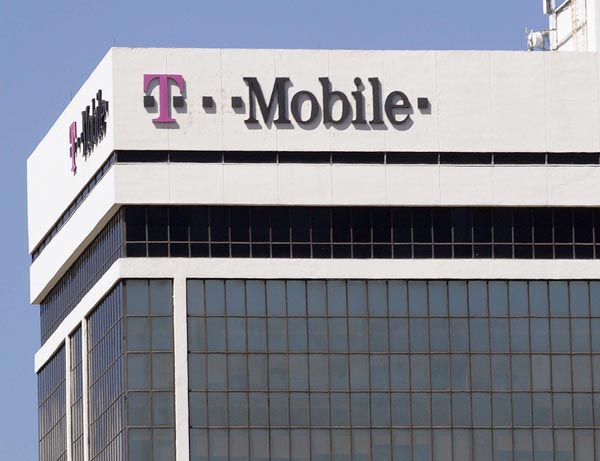
The U.S. Court of Appeals for the First Circuit put an end earlier this month to a nearly five-year-old billing dispute between T-Mobile and Puerto Rico Telephone involving several million dollars in charges related to network interconnection and transport facilities.
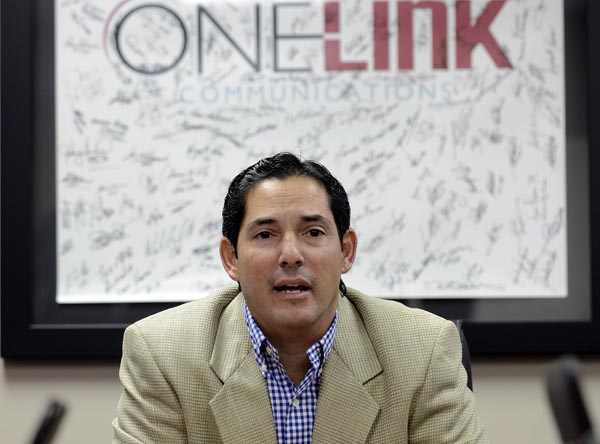
While members of the Telecommunications Regulatory Board remained mum on the two-against-one internal battle going on at the agency that lead to a lawsuit at San Juan Superior Court last week, an industry executive spoke out Thursday, saying among other things, the problems were foreseeable.
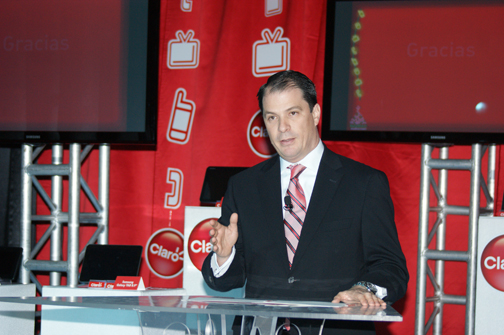
Wireless provider Claro announced it is dropping the price of its basic Internet service to $20 a month to provide an entry-level alternative to that segment of the population that may not be able to afford a costlier option.
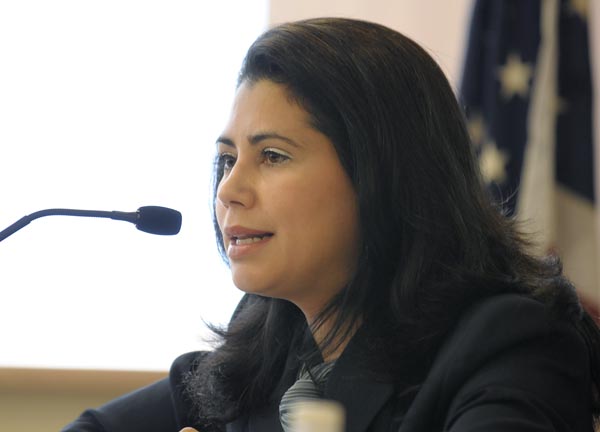
Telecommunications Regulatory Board Associate Member Nixyvette Santini filed a scorching dissenting opinion to the agency’s decision to grant Puerto Rico Telephone the cable franchise license it has been seeking since 2008, saying among other things that the order “is unfounded and lacks a responsible analysis that would look out for protecting the public interest and competitive environment.”

Less than 24 hours after the Telecommunications Regulatory Board made public a resolution and order that seemingly granted the cable television franchise license Puerto Rico Telephone (Claro) has been seeking since 2008, agency President Sandra Torres said Friday the decision is “null” because its content is radically different from what was discussed earlier this year.
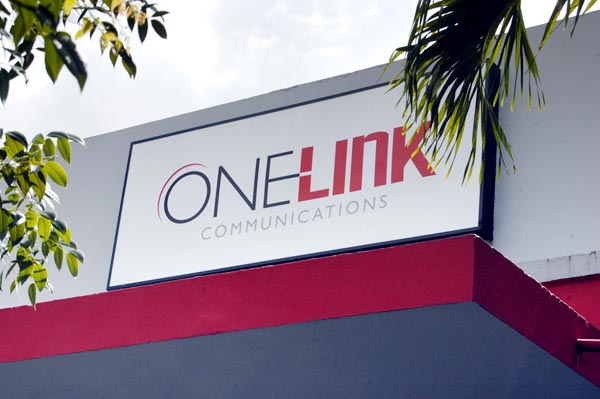
San Juan metropolitan area cable provider OneLink Communications stepped up Wednesday in support of Choice Cable’s decision to file a complaint against Puerto Rico Telephone (Claro) for what it claims to be an illegal build-out of its Internet Protocol Television network.
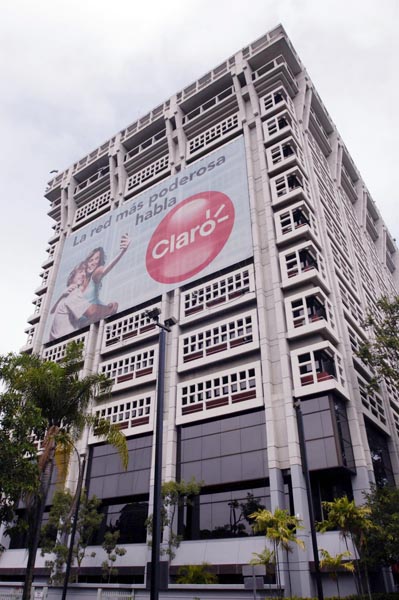
Puerto Rico Telephone, which does business as Claro, fired back at Choice Cable TV Monday, saying the complaint it filed at the Telecommunications Regulatory Board claiming the carrier is building out its cable infrastructure without a license is “frivolous.”
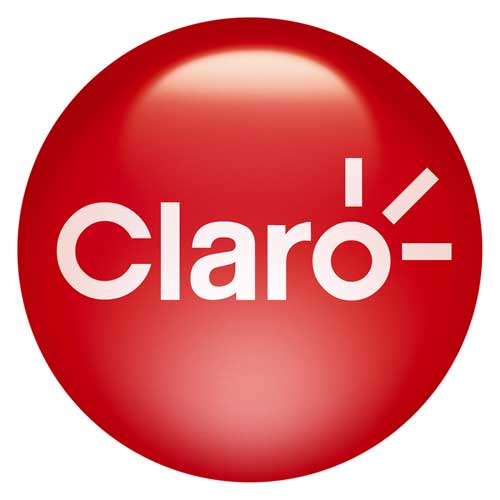
Effective July 31, Puerto Rico Larga Distancia will be changing its name to Claro [6558_noti_imagen1_CLARO-Logo] Larga Distancia in response to the company’s strategy of unifying all of its services under a single brand. Claro will continue offering its long distance services under the same terms and conditions currently in place for PRT LD subscribers, company officials said.
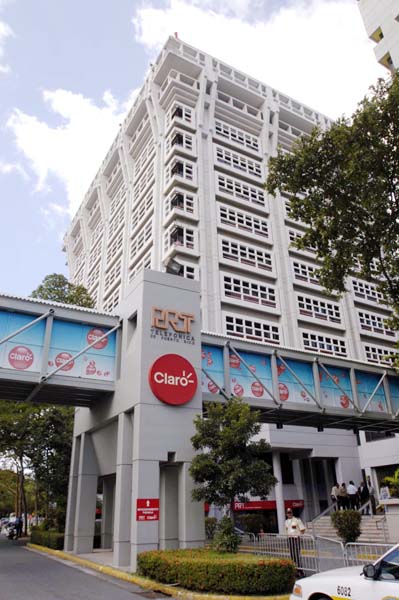
Mexican telecom giant América Móvil, parent of local incumbent carrier Puerto Rico Telephone (which does business as Claro), is in hot water with the Federal Communications Commission for violating indirect foreign ownership rules after issuing stock that increased owner Carlos Slim and his family’s corporate stronghold.

Mexico’s Federal Competition Commission has slapped América Móvil with a $1 billion fine for monopolistic practices following a probe launched in that country in 2006. The watchdog agency determined the company, which commands 71 percent of Mexico’s mobile market through its Telcel subsidiary, is abusing its dominant position.




NIMB ON SOCIAL MEDIA